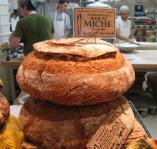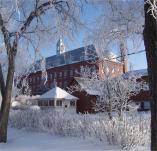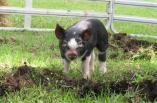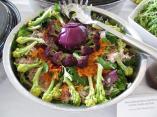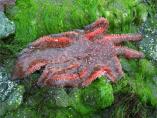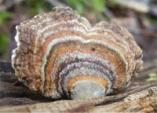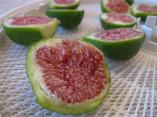 The writers and artists at the SWG winter retreat spend a lot of time thinking about food, and chocolate is one of the essential treats we administer to keep us healthy, happy and creative, meditating on all those dark sweet flavonoids as we search the cold white fields for inspiration. With Valentine’s day around the corner, it never hurts to spend time thinking about chocolate: what is it, where is it made and by whom? The industry has a poor record of exploiting producers and depending upon child labour, so if you want your valentine chocolate to mean what you think it does, you should have a listen to this and ask questions wherever you buy your chocolate. Fair Trade chocolate is always the best choice: if you don’t eat the rest, savour the thought that you are contributing to a better world, one calorie at a time.
The writers and artists at the SWG winter retreat spend a lot of time thinking about food, and chocolate is one of the essential treats we administer to keep us healthy, happy and creative, meditating on all those dark sweet flavonoids as we search the cold white fields for inspiration. With Valentine’s day around the corner, it never hurts to spend time thinking about chocolate: what is it, where is it made and by whom? The industry has a poor record of exploiting producers and depending upon child labour, so if you want your valentine chocolate to mean what you think it does, you should have a listen to this and ask questions wherever you buy your chocolate. Fair Trade chocolate is always the best choice: if you don’t eat the rest, savour the thought that you are contributing to a better world, one calorie at a time.
Once you have bought the best, most fairly produced chocolate you can, you might like to whip up a little mousse. This one sounds like a good bet, particularly if you are catering for the dairy-intolerant. I was a little surprised to see the recipe credit go to Hervé This, one of the fathers of molecular gastronomy, as it’s remarkably low tech.
Speaking of gastronomy, I have just come across a 2010 broadcast of The New Gastronomy, from one of my favourite BBC radio shows, The Food Programme. It discusses academic training in gastronomy, starting with the University of Gastronomic Sciences, where I spent 2007 earning a Master’s of Food Culture & Communication (as documented on this blog). It’s an interesting look at the field of gastronomy and how and why it is being taught, though the Italian segment looks only at the three year undergraduate degree rather than the one year master’s that I did. (And I find Sheila Dillon‘s mispronunciation of Alice Waters’ name rather endearing). Other courses in the US and England are also discussed. It gave me a sense of renewed satisfaction that I had done the course.
Seedy Saturday takes place next weekend in Victoria which means winter is on its way out, and locals can start to plan for spring, buying seeds, swapping their home-reared seed and taking in a few talks about gardening. The event, which aims to encourage the sharing of seeds in the interests of protecting our country’s seed diversity, has got bigger every year, and I’ll be sorry to miss it, so am doubly grateful to have made it to the GTUF seed swap last month. GTUF will be at the Victoria event this year, joining other UFs (as we call our community food security groups) in a discussion of urban farming and food security.

